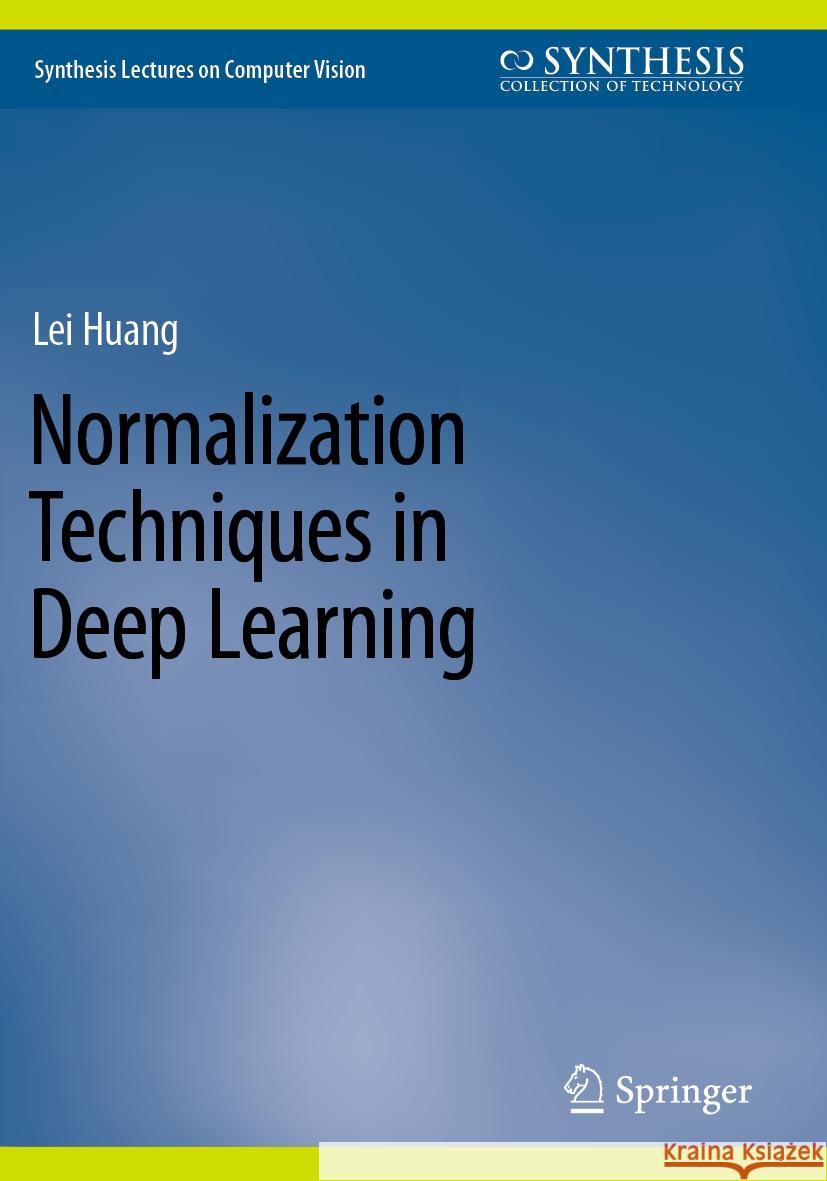Normalization Techniques in Deep Learning » książka
topmenu
Normalization Techniques in Deep Learning
ISBN-13: 9783031145971 / Angielski / Miękka / 2023
Normalization Techniques in Deep Learning
ISBN-13: 9783031145971 / Angielski / Miękka / 2023
cena 221,37
(netto: 210,83 VAT: 5%)
Najniższa cena z 30 dni: 212,02
(netto: 210,83 VAT: 5%)
Najniższa cena z 30 dni: 212,02
Termin realizacji zamówienia:
ok. 16-18 dni roboczych.
ok. 16-18 dni roboczych.
Darmowa dostawa!
This book presents and surveys normalization techniques with a deep analysis in training deep neural networks. In addition, the author provides technical details in designing new normalization methods and network architectures tailored to specific tasks. Normalization methods can improve the training stability, optimization efficiency, and generalization ability of deep neural networks (DNNs) and have become basic components in most state-of-the-art DNN architectures. The author provides guidelines for elaborating, understanding, and applying normalization methods. This book is ideal for readers working on the development of novel deep learning algorithms and/or their applications to solve practical problems in computer vision and machine learning tasks. The book also serves as a resource researchers, engineers, and students who are new to the field and need to understand and train DNNs.











